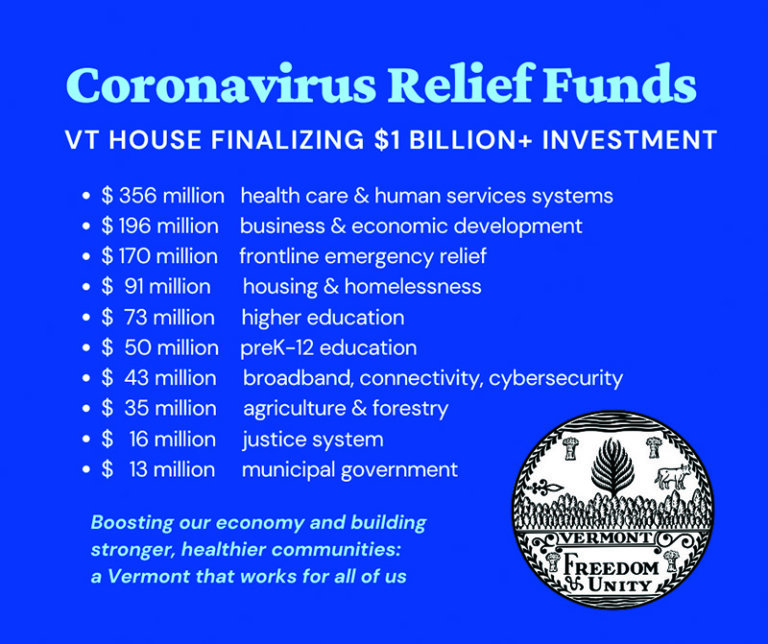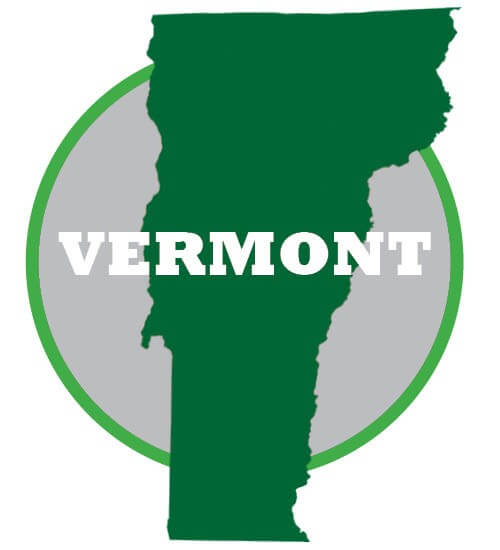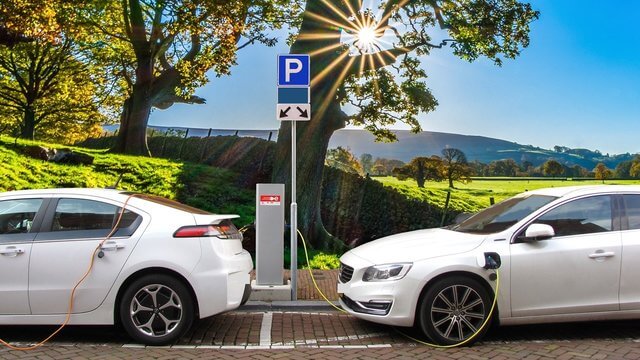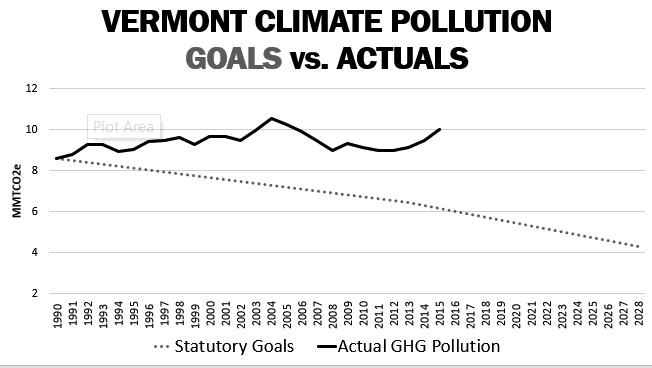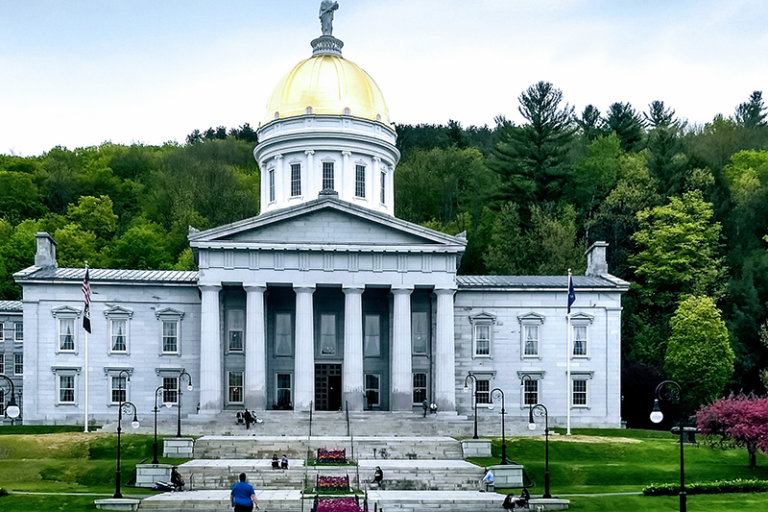The House appropriates $1 billion of Coronavirus Relief Funds
Ever since Vermont received $1.25 billion in Coronavirus Relief Funds (CRF) as a result of the federal CARES Act, Governor Scott and the Legislature have been trying to decide how to allocate those funds to relieve the economic distress caused by the “stay home, stay safe” response to the virus. More than $90M was used almost immediately to help unemployed Vermonters and small businesses.

